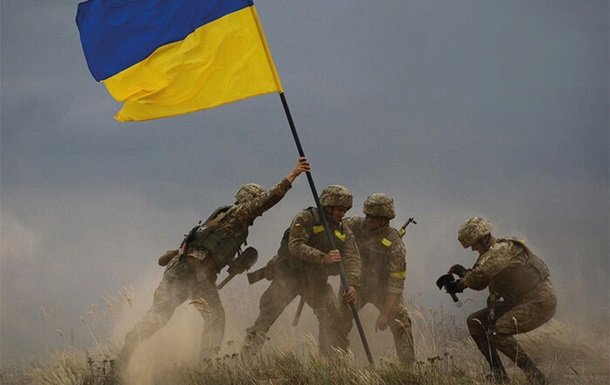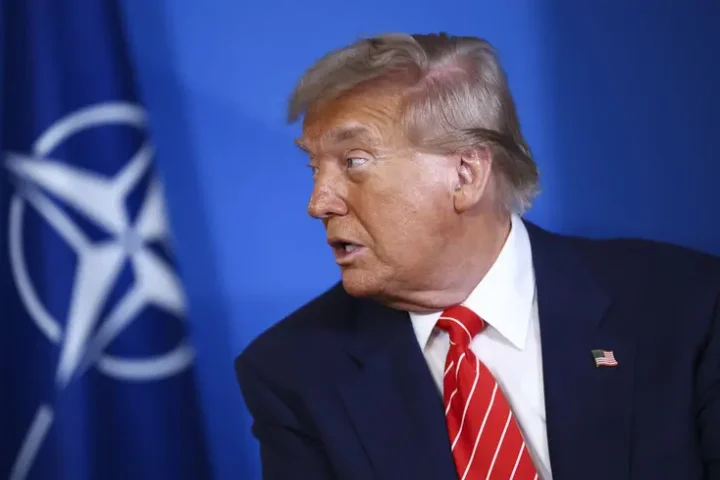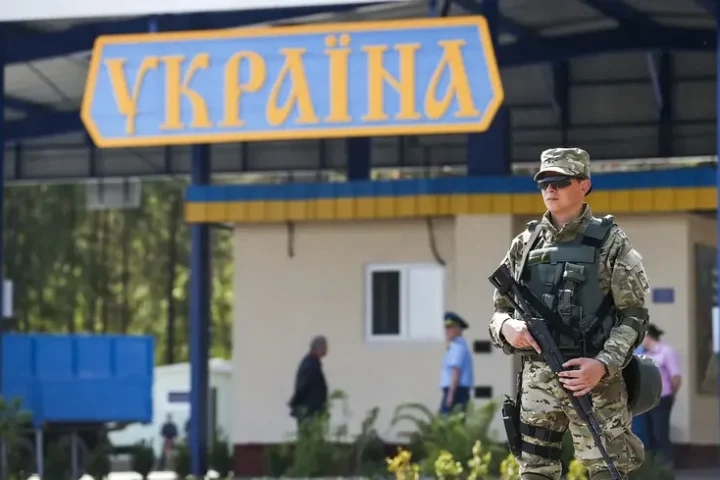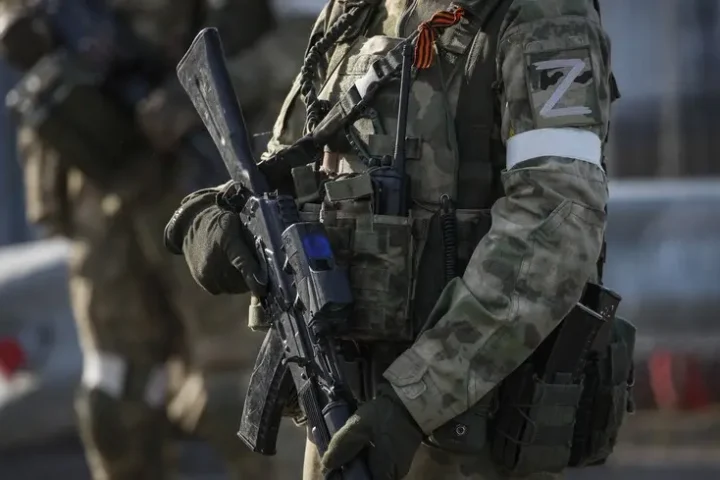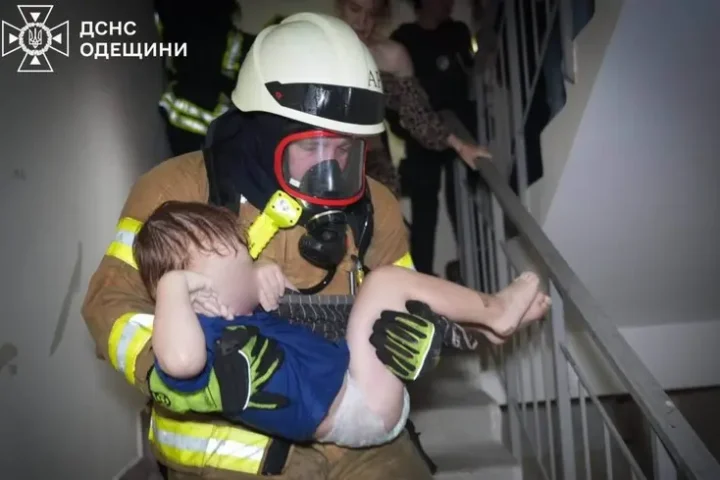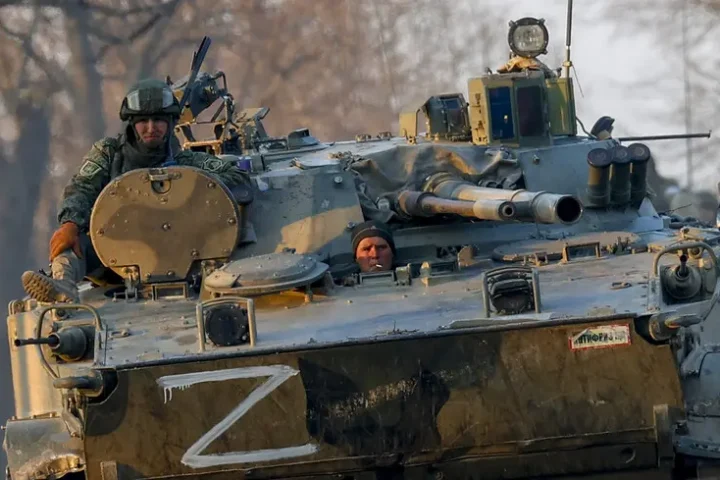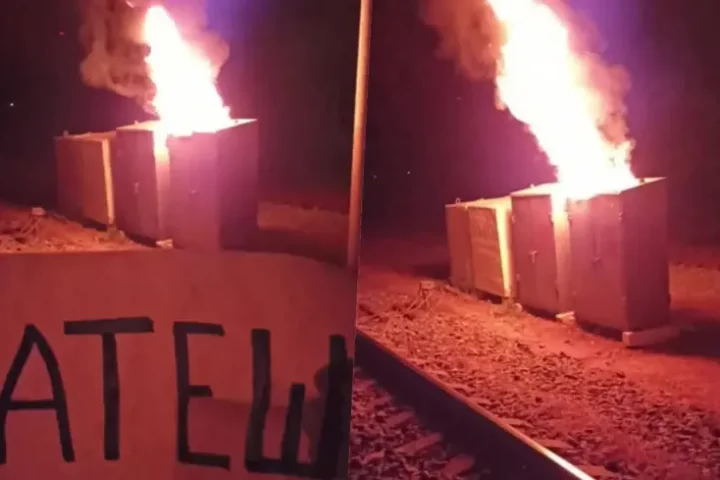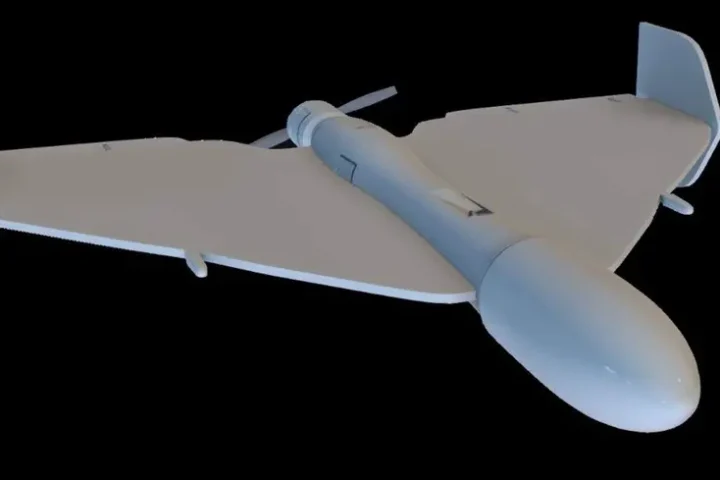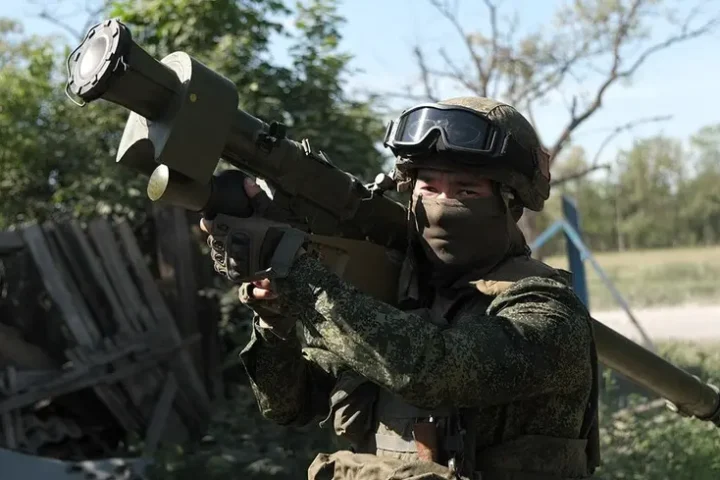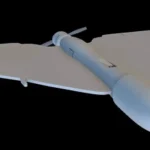Russia has intensified its hybrid warfare strategy against Ukraine by expanding its use of forced labor and militarisation tactics, according to newly published investigations. On Thursday, Le Monde and Ukrainian officials reported that Moscow is recruiting young women from Africa, Latin America and South Asia under the guise of “educational” or “vocational” programmes — only to force them into assembling kamikaze drones for use in Ukraine (Le Monde).
In parallel, the Russian military is planning to involve up to 2,000 Ukrainian children from the occupied Kherson region in militarised summer camps in Russia, echoing past practices of indoctrination and forced displacement (Censor.net).
Covert recruitment through embassies and social media
Investigators found that Russian embassies and local intermediaries have been actively recruiting young women through online advertisements, promising employment, scholarships, or training opportunities. However, once in Russia, many of these women reportedly find themselves working under coercive conditions at defense industry facilities producing drone components and ammunition.
Women interviewed by rights groups said their passports were confiscated, they were denied the ability to change jobs, and some were threatened with deportation if they refused to comply. Experts warn that these actions violate several international legal norms, including the UN Convention on the Elimination of All Forms of Discrimination Against Women (CEDAW) and conventions of the International Labour Organization on forced labor.
“These so-called educational programmes are effectively a cover for labor exploitation that borders on human trafficking,” said one humanitarian official speaking under condition of anonymity due to security risks.
Indoctrination and forced displacement of children
Meanwhile, in Russian-occupied territories of Ukraine, including parts of Kherson Oblast, the Kremlin is expanding its campaign to militarise local youth. According to the Ukrainian Ministry of Reintegration, up to 2,000 children are to be sent to military-style camps this summer, organised under the supervision of the Russian Ministry of Defence and the pro-Kremlin “Movement of the First”.
Children are reportedly trained in handling weapons, marching drills and military discipline, while being subjected to heavy ideological programming that suppresses Ukrainian identity and language. Parents have reported being misled about the nature of the programmes, with some children taken under the pretext of “rehabilitation” or “recreation.”
These practices contravene Articles 38 and 39 of the UN Convention on the Rights of the Child, which prohibit the use of children in armed conflict and ensure their protection from exploitation and indoctrination. They may also constitute violations of the Geneva Conventions, which outlaw the forced transfer and militarisation of civilians in occupied territories.
A broader strategy of coercion and propaganda
Experts and human rights defenders say these actions are not isolated, but part of a broader Kremlin strategy aimed at weaponising vulnerable populations for geopolitical gain. In occupied Ukraine, this involves replacing national identity with pro-Russian narratives. Abroad, it includes the instrumentalisation of socio-economically disadvantaged women from the Global South.
“This is hybrid warfare with a human cost,” said a European security official. “It’s not only a war against Ukraine’s sovereignty, but also a systematic assault on international legal norms and the dignity of the most vulnerable.”
Human rights organisations are now calling for coordinated international action. They urge the UN, EU, African Union and Latin American governments to investigate the abuses and introduce targeted sanctions against the individuals and institutions facilitating these schemes.
Calls are also growing for criminal investigations into trafficking, forced labor and war crimes, potentially under the jurisdiction of the International Criminal Court.
Urgency for international response
Ukraine has repeatedly warned that Russia’s use of soft-power exploitation — masked as diplomacy, education or youth engagement — poses long-term risks to regional stability and human rights.
Without a coordinated response, analysts fear Russia will continue expanding its recruitment operations in the Global South and deepen the militarisation of occupied Ukrainian territories.
“Each drone assembled under false pretenses, each child trained in a military camp — these are not just crimes against individuals. They are assaults on the global system meant to prevent such abuses,” said one EU diplomat.
The international community, they stress, cannot afford to look away.
